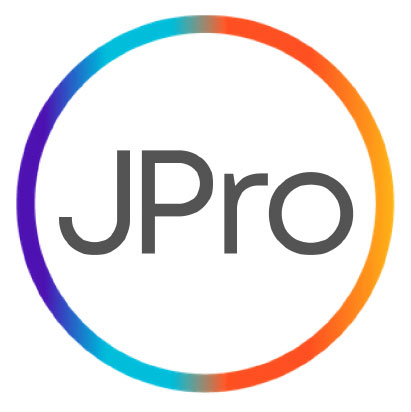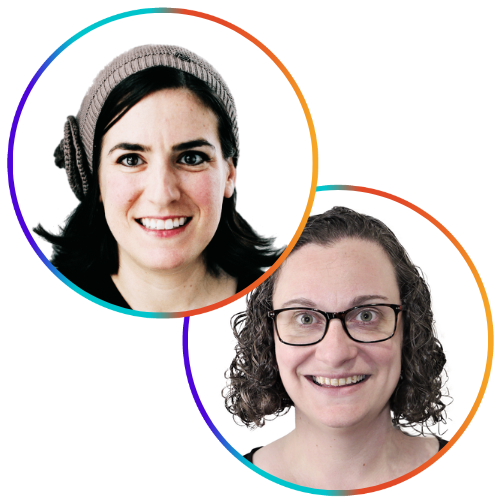Nonprofit professionals are often asked, "what is the impact of your program/organization?" and collect survey data to answer this question. While fielding a survey is a common and effective way to collect information, the success of a survey requires careful planning and a clear goal in mind.
This JPro Master Class will begin by digging into the learning goals for data collection and how logic models can help articulate those goals. Next, we will discuss survey design and question writing, highlighting common pitfalls, and considerations for administering surveys. In the last session, we will co-create and edit survey text that participants can use as they design and administer surveys.
By the end of this course you will:
- Understand the purpose and value of logic models to clarify your learning goals.
- Understand some ways to approach a program evaluation process.
- Gain strategies for collecting information via surveys.
- Have specific language to use in your surveys.
This class is for you if:
- You are responsible for describing the impact of your programs.
- You are unsure about the best approach to collecting information from your participants to address your learning goals.
- You are new to survey writing.
This class is not for you if:
- You are interested in program evaluation but are not involved in the hands-on aspects of program evaluation.
- Your past efforts to evaluate your programs have been successful and satisfying.
- You have experience writing surveys.
This course has reached capacity. Please click below to join the waitlist.
More about the course:
Session 1: Planning for Program Evaluation – We will discuss the components of a logic model and how they can be used to inform program evaluation activities. We will describe the importance of clearly articulating your learning goals and provide participants with the opportunity to outline what they hope to learn from the data collection. We will also briefly describe common data collection methods, both quantitative (e.g. surveys) and qualitative (e.g. interviews, focus groups) and which methods are best suited to types of learning goals.
Session 2: Survey Design – We will dive into survey design and question writing. Drawing on the previous session, we will discuss how to draft a survey instrument that will provide answers to your key questions. We will outline common sections included in a survey (e.g., introduction, core questions, demographic questions) and pitfalls to avoid when designing a survey. We will also discuss considerations for when and how to survey, as well as who should be included in data collection activities.
Session 3: Survey Development – Participants will spend time co-creating and editing survey text. Participants will have the opportunity to choose a topic (e.g., Jewish engagement, program satisfaction, participant demographics) or part of a survey (e.g., landing page, email invite, transitions) and work in small groups to draft items and language that can be used when surveying. There will be opportunities to solicit and provide feedback to improve draft language. We will end with a whole group discussion and Q&A about survey administration successes and creative strategies for collecting information.

